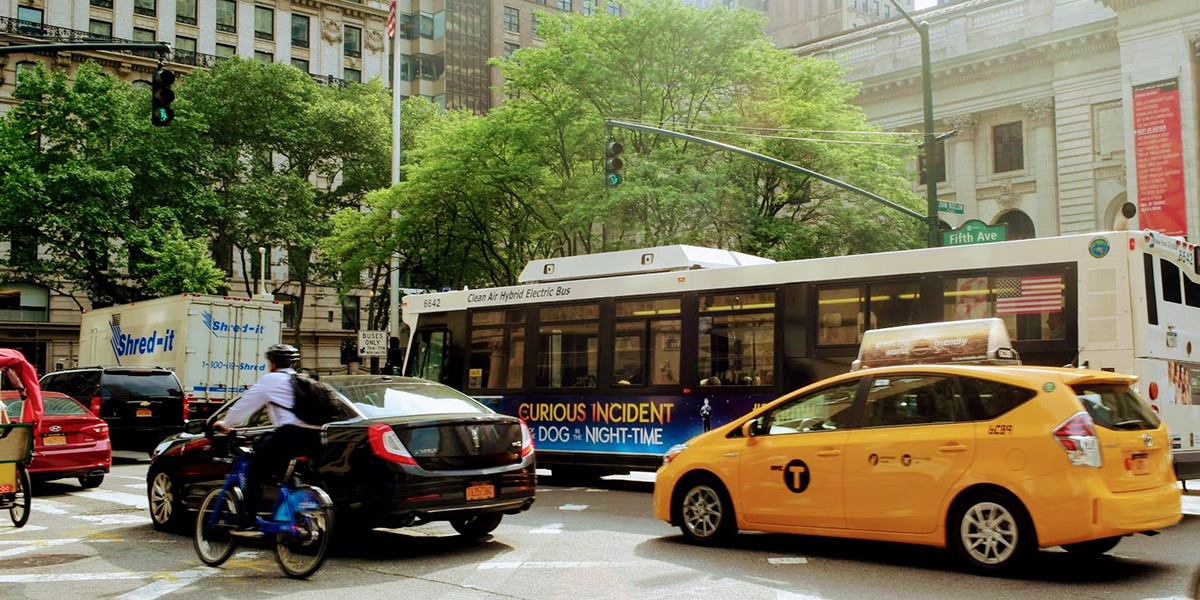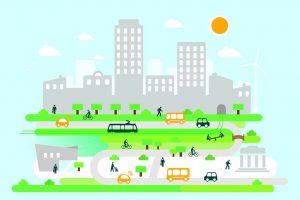
Transportation plays a pivotal role in our daily lives, enabling the movement of people, goods, and ideas across vast distances. However, this essential aspect of modern society is not without its challenges. In this blog post, we will explore the multifaceted problems associated with transportation and delve into the complexities that arise in various sectors.
- Traffic Congestion: A Never-Ending Battle
One of the most pressing issues in transportation is traffic congestion. As urban areas continue to expand, the number of vehicles on the road increases exponentially, leading to gridlock and significant time wastage. This problem not only affects individuals' daily commutes but also has severe economic implications, such as increased fuel consumption and decreased productivity. Innovative solutions, including intelligent traffic management systems and the promotion of alternative modes of transportation, are crucial in alleviating this issue. - Environmental Impact: Striving for Sustainability
Transportation is a significant contributor to greenhouse gas emissions and air pollution. As the world grapples with the consequences of climate change, finding sustainable transportation solutions becomes imperative. Electric vehicles, improved public transportation networks, and the integration of renewable energy sources are just a few examples of measures being taken to reduce the environmental footprint of transportation. Balancing economic growth with environmental preservation is a challenge that requires collaboration between governments, industries, and individuals. - Infrastructure Development: Building for the Future
Efficient transportation systems rely on robust infrastructure. However, developing and maintaining transportation infrastructure is a complex and costly endeavor. From roads and bridges to airports and railways, ensuring the safety, capacity, and longevity of these structures is paramount. Additionally, the rapid advancement of technology necessitates the integration of smart infrastructure to accommodate emerging trends such as autonomous vehicles and interconnected transportation networks. - Accessibility and Equity: Bridging the Divide
Transportation accessibility is not evenly distributed, leading to disparities in opportunities and quality of life. Rural areas, low-income communities, and individuals with disabilities often face challenges in accessing reliable transportation options. Addressing these disparities requires a comprehensive approach, including improved public transportation coverage, affordable fares, and innovative solutions like ride-sharing services tailored to specific needs. By bridging the transportation divide, we can foster inclusivity and equal opportunities for all. - Safety and Security: Protecting Lives and Assets
Ensuring the safety and security of transportation systems is of utmost importance. Accidents, theft, and terrorism pose significant threats that demand constant vigilance and proactive measures. Advancements in technology, such as intelligent surveillance systems, real-time monitoring, and predictive analytics, are instrumental in enhancing transportation security. Additionally, promoting safe driving practices, implementing stringent regulations, and investing in robust emergency response systems are vital steps towards safeguarding lives and assets.
Conclusion:
Transportation encompasses a myriad of challenges that require innovative solutions and collaborative efforts. From tackling traffic congestion and reducing environmental impact to promoting accessibility and ensuring safety, the complexities of transportation necessitate a holistic approach. By addressing these problems head-on, we can create a more efficient, sustainable, and inclusive transportation system that propels us into the future.


